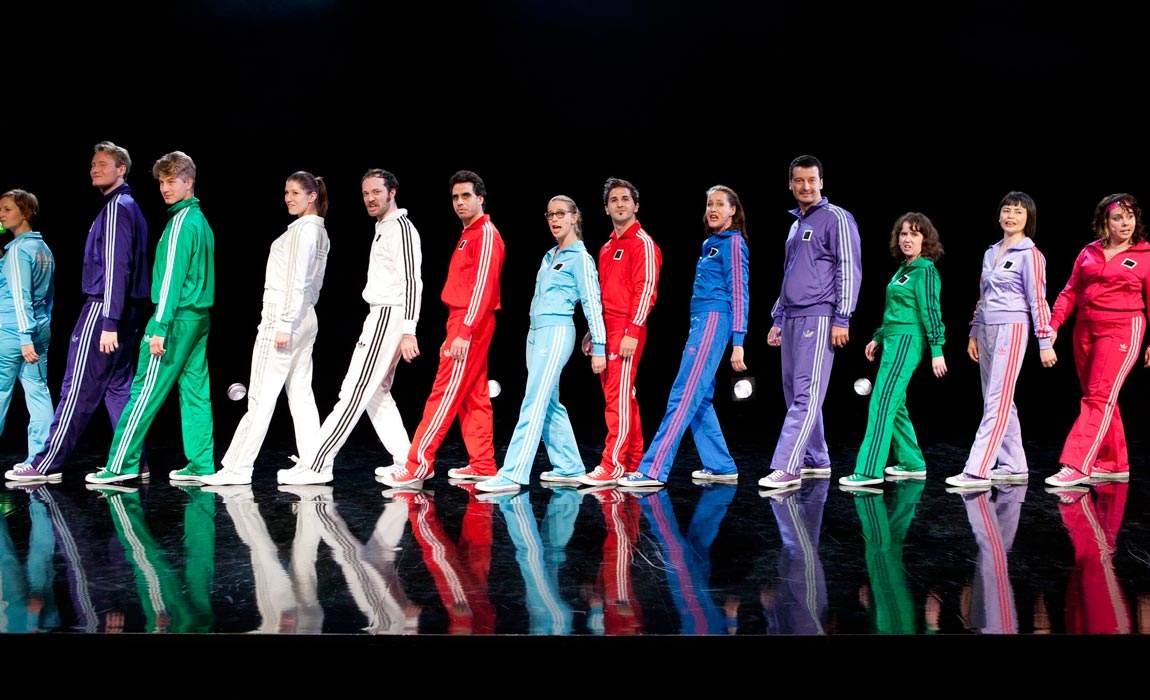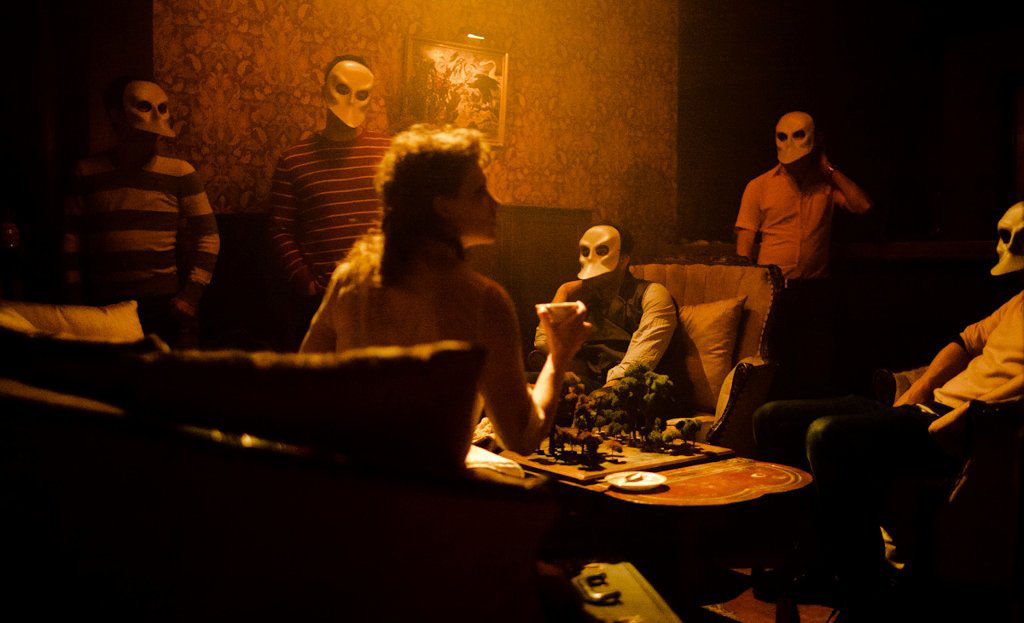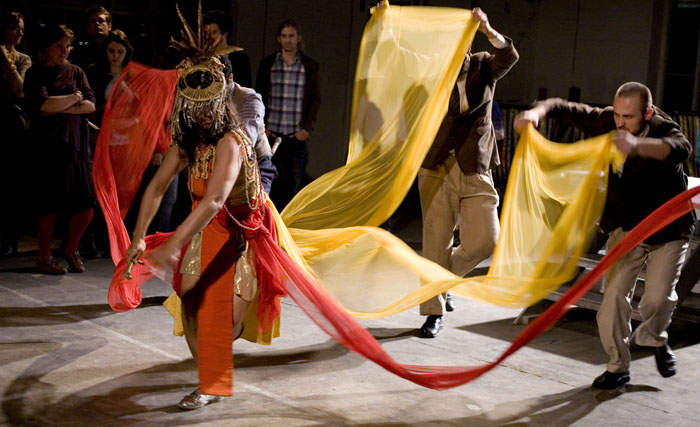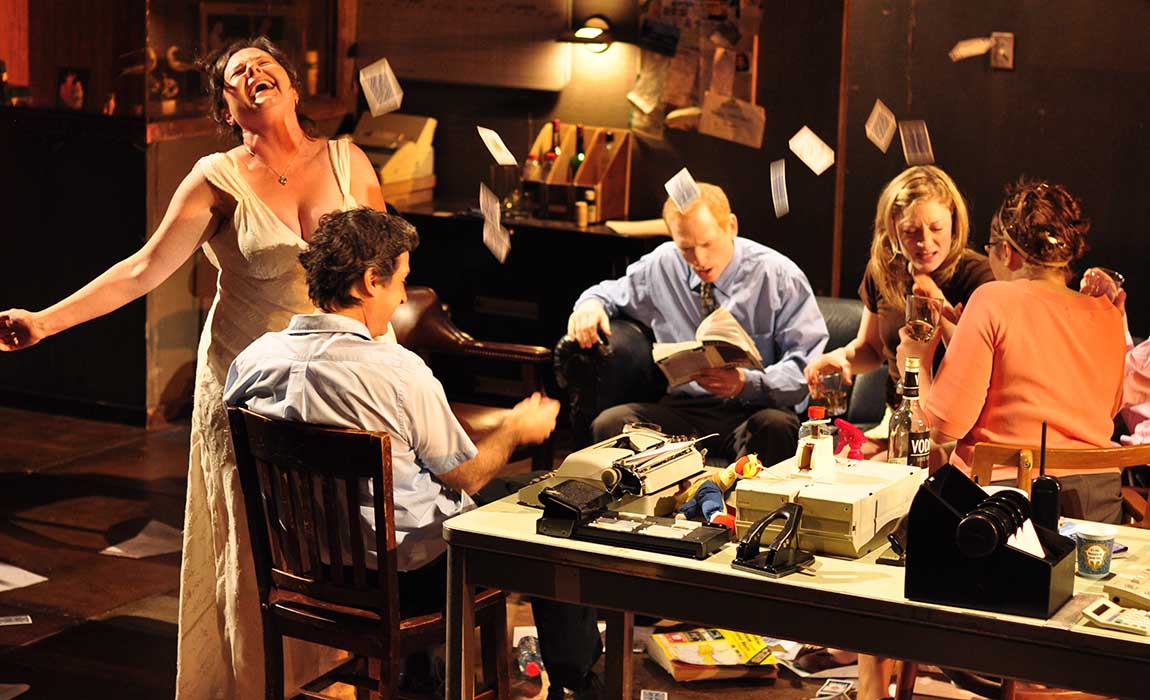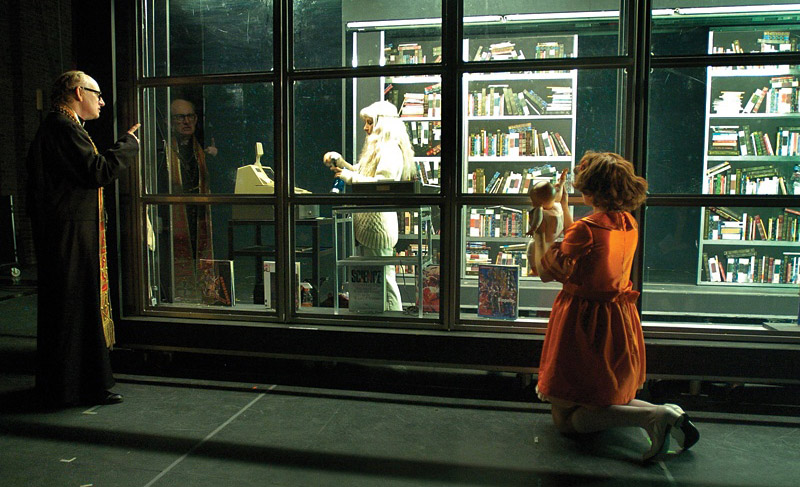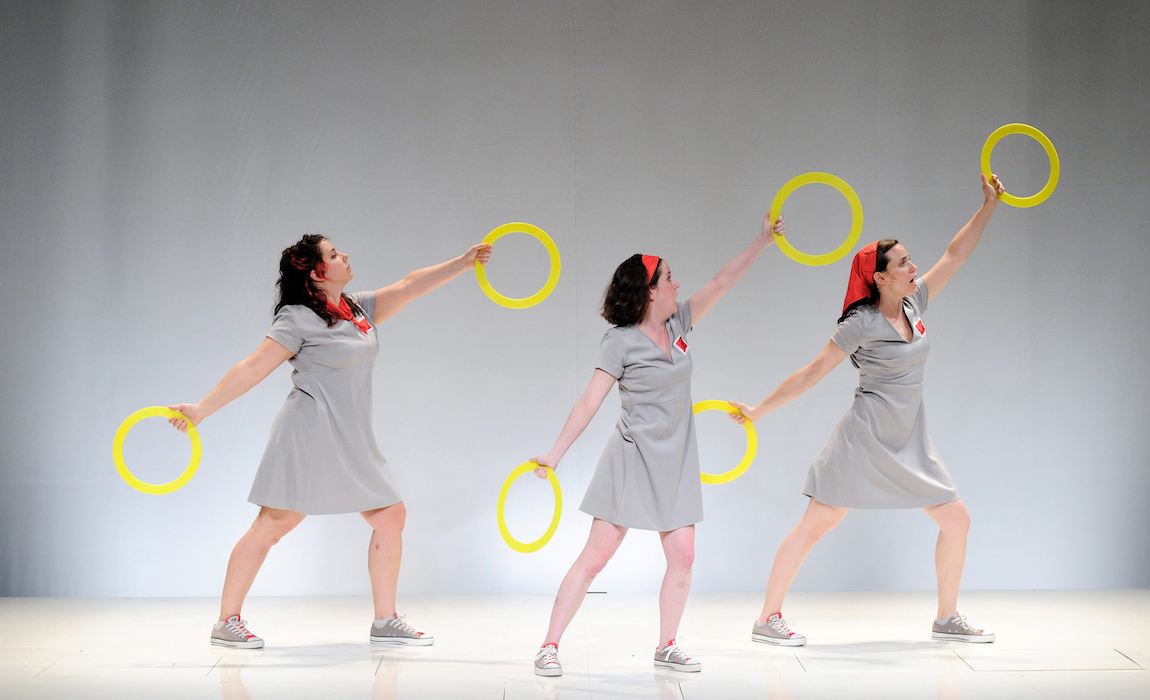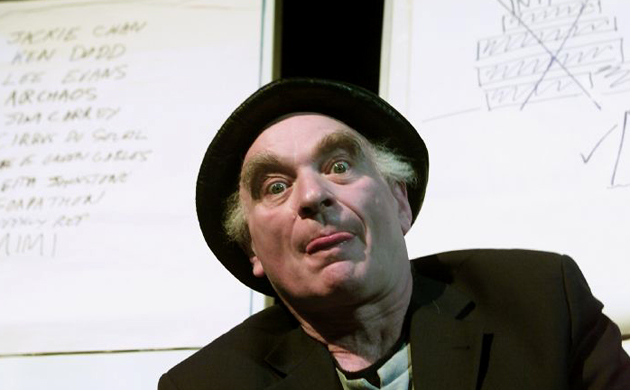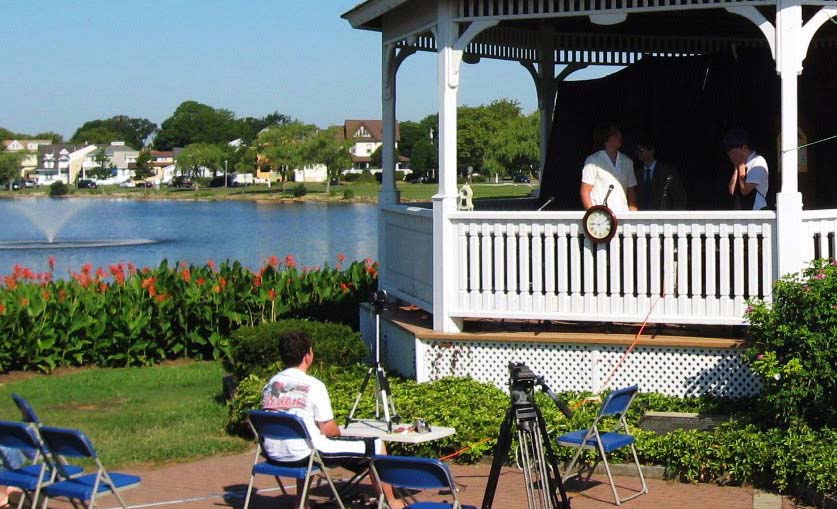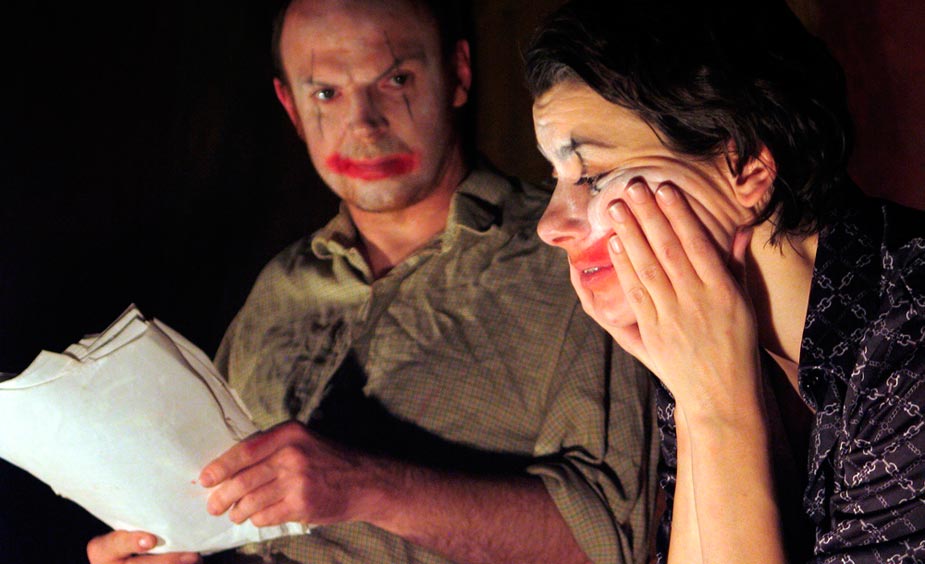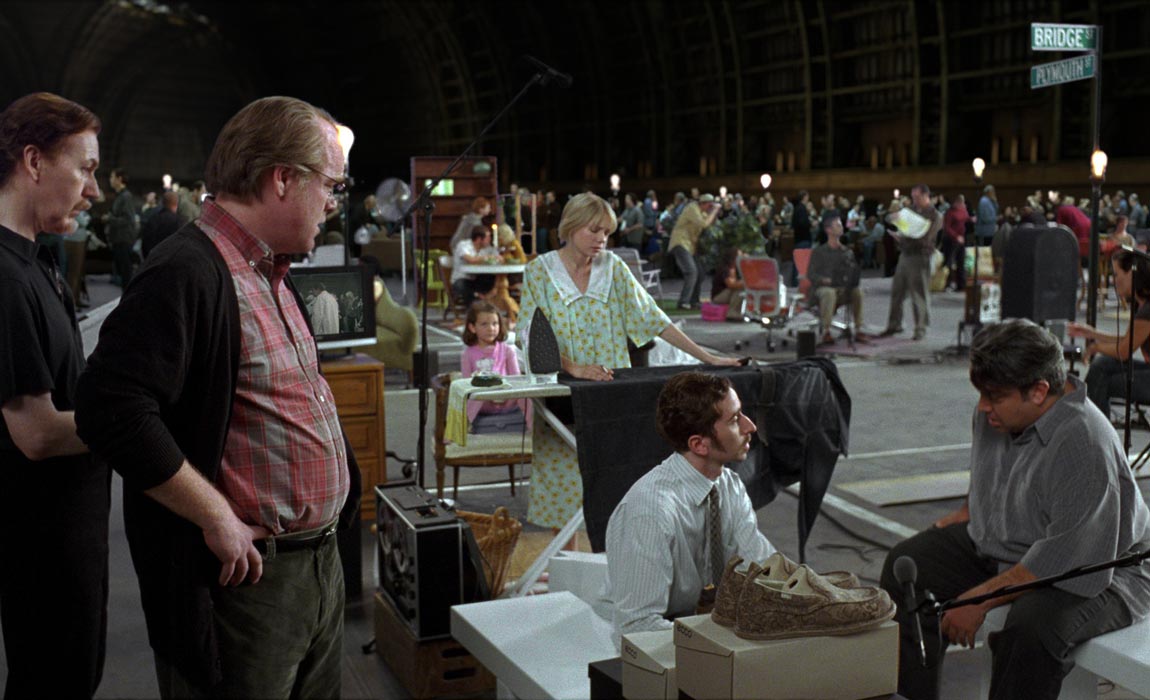The Ten Most Epic Works of Contemporary Theatre
The best plays to catch your attention in the era of ADHD.
The human race has been obsessed with epic tales since the beginning of recorded history. From Homer’s Odyssey right up to the Doctor Who box set, not only have we sought to test the limits of our physical and psychological endurance, but we have enjoyed it.
Maybe it's the thrill of the extreme that keeps us hanging on, or our addiction to escaping the boredom of our own lives. But at a time when our attention spans are shortening, ADHD is on the rise, and our linkbaited, schizophrenic multiscreen world is perpetually distracting us, it seems somewhat of a miracle that our Aussie neighbour's Melbourne Festival can program a 10-hour experimental verbatim theatre show, and that it can (almost) sell out. Life and Times is sixth on our list containing ten of the world’s longest theatre shows — though it has plenty of company in an era where 'binge watching' might not be limited to just TV.

3 hours: Sleep No More by Punchdrunk
Whilst sitting towards the bottom of the time-commitment spectrum, Sleep No More is worth mentioning for its epic interactivity-commitment: you physically walk through the play, and it can take you hours. Loosely based on Macbeth, it's currently showing in New York at the McKittrick Hotel, a five-floor theatrical wonderland. There is no speaking, and audience members wear white Venetian masks for anonymity. You can follow the performers around or independently explore the sprawling set.

6 hours: Hotel Medea by Zecora Ura and Urban Dolls
From midnight to 6am, this Brazilian-British theatre marathon debuted at London's Arcola Theatre in 2010. Presented in three parts, the play reinterprets the ancient Greek myth Medea, about a woman bent on avenging her husband's betrayal. The audience is confronted by relationships between ancient and modern ritual, including that of sleep, and undergoes a warpy, surreal theatre experience (ending with breakfast).

7 hours: Angels in America by Tony Kushner
One of Sydney's theatre highlights in 2013 was Eamon Flack's staging of Angels in America at Belvoir Street Theatre. A seven-hour, Pulitzer Prize-winning saga in two parts, Angels is set in New York in the 1980s at the height of the AIDS epidemic and deals with the fallout of McCarthy era politics, religion, sexuality and personal struggle. A true humanitarian tale with lots of time to get to know the characters.

8 hours: Gatz by Elevator Repair Service
"Should I read the book or watch the play?" How about you do both at the same time! When employee James Gatz finds a copy of F. Scott Fitzgerald’s The Great Gatsby amidst the clutter on his desk one morning, he picks it up in curiosity, and begins to read. Eight hours later, you've made it through the entire book, word-for-precious-word, thanks to Gatz and a 13-strong cast of co-workers in a low-budget rental office.

9 hours: Lipsynch by Robert Lepage
Like the opposite of a silent meditation retreat but with the ability to produce a strangely similar effect, Lipsynch takes time to explore speech and the human voice and how they connect us together. The play follows a multicultural spectrum of nine characters, each with speech-related jobs, from opera singer to speech therapist to interpreter to voiceover artist, interweaving them amidst a visually stunning and theatrically inventive set. After not having talked for nine hours, it's hard to know what to say when the curtains close on Lipsynch.

10 hours: Life and Times by Nature Theater of Oklahoma
"Can you tell me your life story?" This is the question that the artistic directors of the Nature Theater of Oklahoma asked Kristin Worrall, one of the members of their company. Now her 16-hour collection of responses is a 10-hour, verbatim theatre experience, and the aim is to develop it to 24. Combining traditional theatre, non-traditional theatre, song, dance, film, installation art and who knows what else they can pack into those hours (presumably quite a lot).

22 hours: The Warp by Ken Campbell
Writer, actor, director and comedian Ken Campbell achieved notoriety in the 1970s for his 22-hour staging of Neil Oram's play cycle The Warp. The play's hero is Phil Masters and it traces his many previous lives over a period of a thousand years. The main actor is required to be on stage for all but 5 minutes of the play (five and a half times longer than Hamlet), and when it was staged in 1997 in East London, the lead actor had a meltdown about two-thirds of the way through, extending the performance to 29 hours.

23 hours: The Bald Soprano by Eugene Ionesco
The Warp has been superseded by what's now officially classified in the Guinness World Book of Records as the longest continuous dramatic performance, sitting at a comfy 23 hours 33 minutes and 54 seconds. US-based company the 27 O'Clock Players performed this absurdist comedy in a gazebo in New Jersey in 2010. The Bald Soprano itself is only about an hour long; however, it features a looped ending which requires continuous repetition of the play. On this occasion it was repeated 25 times.

24 hours: Quizoola! by Forced Entertainment
So this is getting a bit ridiculous now, but it's best not to ask questions. Or is it? Aptly titled theatre company Forced Entertainment originally staged a six-hour version of this game-show/improvisation/performance bonanza before taking it to new heights (or rather lengths) this year at London's Barbican. What happens is, six performers sit in alternating pairs in a circle of lights, wearing smeared clown make-up, and ask each other questions. Beginning as a banal chat, the performance moves towards pub quiz trivia, beyond philosophical probing and into CIA interrogation. Questions are provided by director Tim Etchells, the company and the audience (who are free to come and go as they please).

A long time: Synecdoche, New York by Charlie Kaufman
This is technically a movie with a run time of 124 minutes, but it is a movie about the most epic theatre work ever. Theatre director Caden Cotard (Philip Seymour Hoffman) tries to replicate life as realistically as possible in theatre and constructs his set in a huge warehouse somewhere in downtown Manhattan. A growing cast is directed to act out the banalities of their lives, and as the years pass, and the actors keep on acting their life-roles, Cotard becomes immersed in the play and his work-life balance is epically disrupted by doppelgangers and ultimate creative confusion, unable to end until Cotard himself does.

